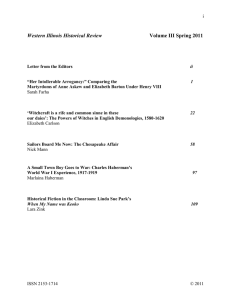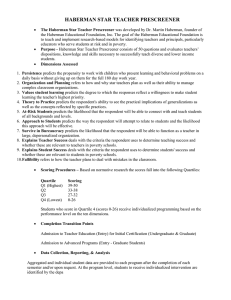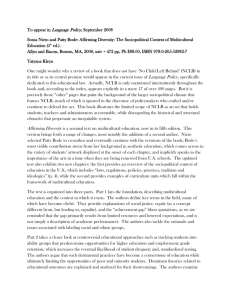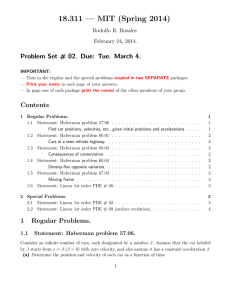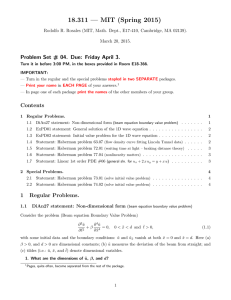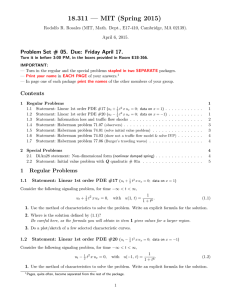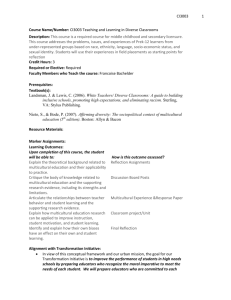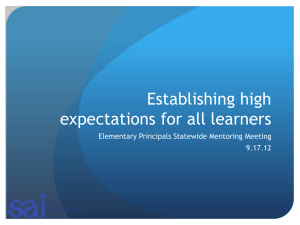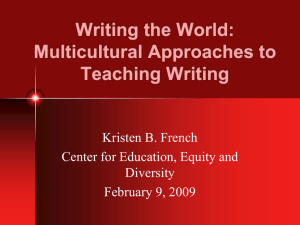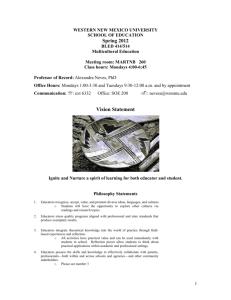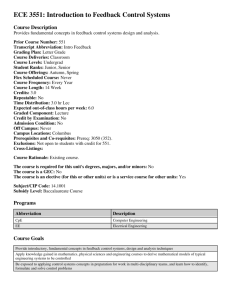Research Quotes
advertisement
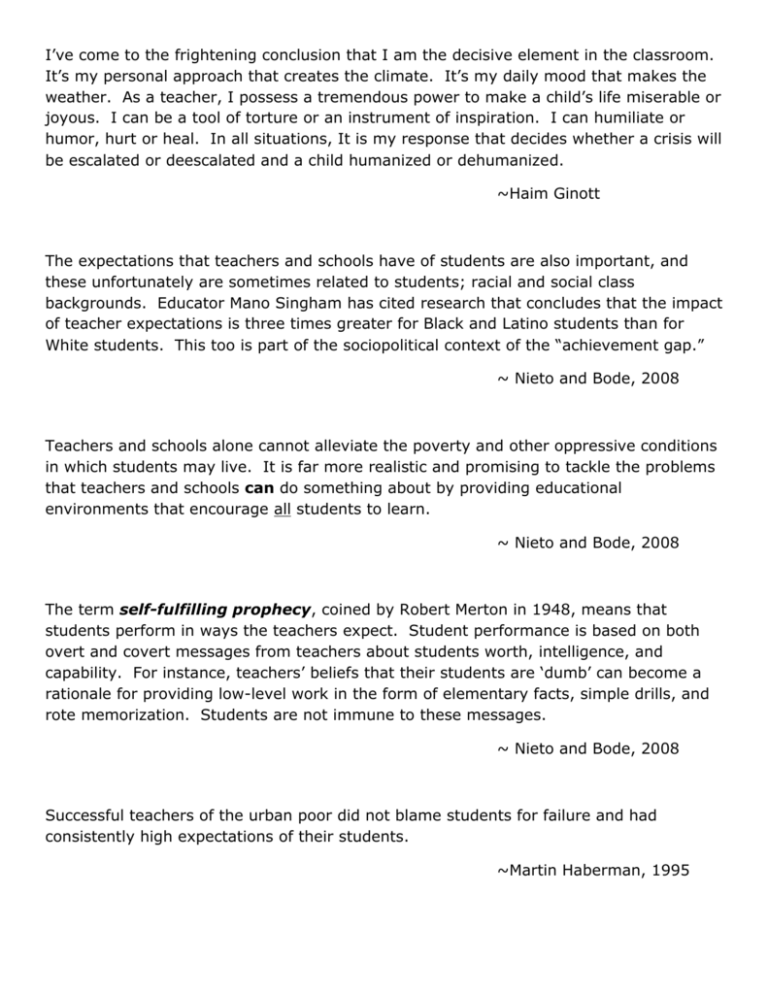
I’ve come to the frightening conclusion that I am the decisive element in the classroom. It’s my personal approach that creates the climate. It’s my daily mood that makes the weather. As a teacher, I possess a tremendous power to make a child’s life miserable or joyous. I can be a tool of torture or an instrument of inspiration. I can humiliate or humor, hurt or heal. In all situations, It is my response that decides whether a crisis will be escalated or deescalated and a child humanized or dehumanized. ~Haim Ginott The expectations that teachers and schools have of students are also important, and these unfortunately are sometimes related to students; racial and social class backgrounds. Educator Mano Singham has cited research that concludes that the impact of teacher expectations is three times greater for Black and Latino students than for White students. This too is part of the sociopolitical context of the “achievement gap.” ~ Nieto and Bode, 2008 Teachers and schools alone cannot alleviate the poverty and other oppressive conditions in which students may live. It is far more realistic and promising to tackle the problems that teachers and schools can do something about by providing educational environments that encourage all students to learn. ~ Nieto and Bode, 2008 The term self-fulfilling prophecy, coined by Robert Merton in 1948, means that students perform in ways the teachers expect. Student performance is based on both overt and covert messages from teachers about students worth, intelligence, and capability. For instance, teachers’ beliefs that their students are ‘dumb’ can become a rationale for providing low-level work in the form of elementary facts, simple drills, and rote memorization. Students are not immune to these messages. ~ Nieto and Bode, 2008 Successful teachers of the urban poor did not blame students for failure and had consistently high expectations of their students. ~Martin Haberman, 1995 Successful educators in impoverished urban educational settings have an educational philosophy and a set of practices related to issues of discipline, interaction with parents, time on task, and homework that are not typically present in teachers who are unsuccessful in urban impoverished schools. For instance, Haberman concluded that unsuccessful teachers stressed numerous rules and regulations when teaching impoverished children at the expense of relationship building and time spent on academic tasks, whereas successful teachers had fewer rules that focused on creating mutual respect and course work that kept students engaged. ~Martin Haberman, 1995 Effective urban teachers, on the other hand, believe it is their responsibility to find ways of engaging all their students in learning activities. The continuous generation and maintenance of student interest and involvement is how star teachers explain their jobs to themselves and to others. They manifest this persistence in several ways. They accept responsibility for making the classroom an interesting, engaging place and for involving the children in all forms of learning. They persist in trying to meet the individual needs of the problem student, the talented, the handicapped, and the frequently neglected student who falls in the gray area. Their persistence is reflected in an endless search for what works best with each student. Indeed, they define their jobs as asking themselves constantly, "How might this activity have been better -- for the class or for a particular individual?" ~Martin Haberman, 1995 Star teachers believe that, regardless of the life conditions their students face, they as teachers bear a primary responsibility for sparking their students' desire to learn. They do not blame students for failure and have consistently high expectations of their students. ~Martin Haberman, 1995 The most common characteristics of effective teachers in urban schools are (1) a belief that their students are capable learners and (2) an ability to communicate this belief to the students. ~Kenneth Zeichner, 2003 Caring for students does not just mean giving hugs and pats on the back. Care means loving students in the most profound ways: through high expectations, great support, and rigorous demands. ~ Nieto and Bode, 2008 A critical task in becoming an effective teacher of diverse students is coming to understand individual young people in non-stereotypical ways while acknowledging and comprehending the ways in which culture and context influence their lives and learning. ~Darling-Hammond, 2002 Students’ experiences in classrooms offer much more fertile ground to plow for solutions than heredity or poverty or some other deficit lurking in a child’s background. Instead of looking at students’ inadequacies as the sources of the gap, educators, researchers, and policy makers alike should attend more keenly to how these children are taught. Academic failure of children….may be due more to inadequate instructional practices and policies than to the effects of poverty.” ~Jencks and Phillips, 1998 Studies of intelligence, learning, and instruction now reject conceptions of low-income learners as inherently culturally deprived, lacking in ability, unmotivated, and at risk. Instead, research shows that it is much more productive for educators to regard such students as culturally diverse, capable, motivated, and resilient. ~Williams, 1996
